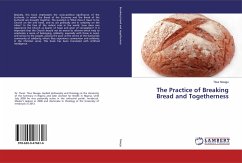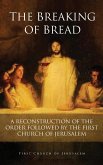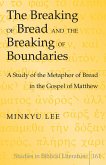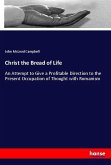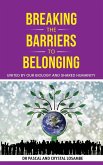Basically, this book emphasizes the socio-political significance of the Eucharist, in which the Bread of the Economy and the Bread of the Eucharist are brought together. The question is: What does it mean to be Church on the one hand, and to act politically and in solidarity on the other? In the face of the radical crisis in the world, how does one experience the Church as bearer of hope and giver of consolation? It is important that the Church should not be averse to reforms which help to emphasize a sense of belonging, solidarity, especially with those in need, and service to the people, placing the poor at the centre of the Eucharistic community of solidarity, where they experience communion and solidarity in the Christian sense. This book has been translated with Artificial Intelligence.

